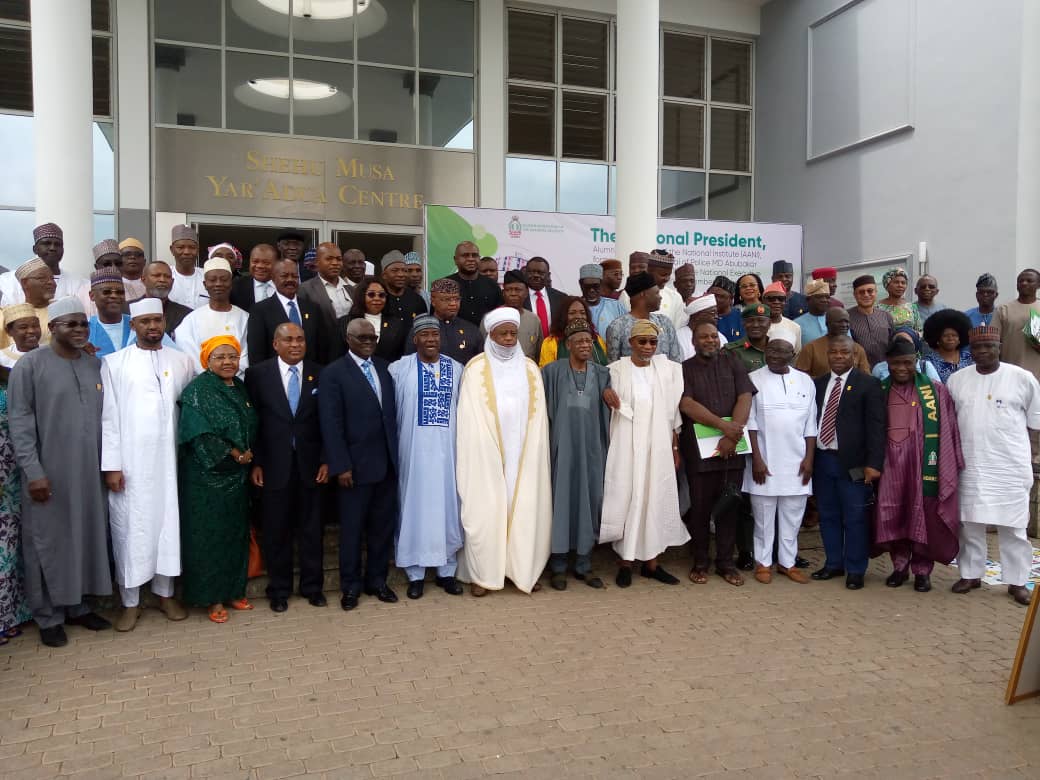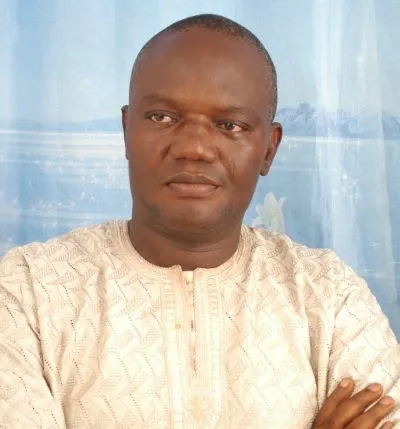Not the best of times for the president
By Dan Agbese
Email: [email protected]
SMS: 0805500191
These are not the best of times for President Muhammadu Buhari. This is the time he should be dotting the i’s and crossing the t’s as he enters the twilight zone of his political career. But he finds himself warding off a barrage of criticisms in respect of his apparent failure to discharge the single key duty imposed on him by the constitution: security of lives and property of fellow Nigerians. The mosquitoes buzzing in his ears are giving him a difficult time for a shuteye. Life can be cruel.
Buhari rode to power on the crest waves of massive public support in 2015. That support packed the fervent hope that his advertised competence and good leadership qualities would turn our country back from the sunset towards the sunrise. He had said the country was in a mess. People believed he knew what must be done to clean it up.
As a presidential candidate, Buhari made the following promises about security: One, he would create “…a crime squad to combat terrorism, kidnapping, armed robbery, militancy, ethno-religious and communal clashes in the country.” Two, “I assure you that Boko Haram will soon know the strength of our collective will and commitment to rid this nation of terror and to bring back peace and normalcy to all affected areas; we will spare no effort until we defeat terrorism.”
His records in keeping with these promises are at best spotty. As the kidnappings, killings by terrorism overwhelm the country daily, the citizens are increasingly desperate and despondent. Keeping quiet is no longer an option. It is not an act of opposition to the president; it is a duty incumbent on citizens to cry out when things are this bad. And so, leaders as well as the led and clerics, are speaking out, not because they hate the president, as his handlers would want the world to believe, but because they love him and want to see him keep his promise to himself to “finish strong.”
Early in the month, the former imam of Apo legislative quarters, Sheikh Muhammad Khalid, told the president in what turned out to be his last sermon at the mosque: “You have failed.” His employers did not like that. He was fired. But he remains unrepentant, telling his Punch interviewer much later: “Nigerians are suffering; they don’t have enough resources, things are very hard. We have become prisoners of fear and our government is telling us that is the best they can do. I decided to open up, to tell those in power the true situation of things and what Nigerians want. The message is clear: we want a country free of kidnappings, terrorists and bandits’ attacks. We want a united Nigeria; that is what we are clamouring for.”
He acted in keeping with his calling to chide secular authorities and point them to the right path. His was not a lone voice crying in the nation’s political wilderness. Evidence for that soon came hard and fast. The Northern Elders Forum, a group of eminent northerners formerly in high public and professional offices, issued a formal statement asking the president to resign for his failure to make the country and its citizens secure. The oath of office he swore to in 2015 and 2019 obliges him to carry out that constitutional duty.
In a strongly worded statement by Dr Hakeem Baba-Ahmed, the director, publicity and advocacy, the Forum said: “The administration of President Muhammadu Buhari does not appear to have answers to the challenges of security to which we are exposed. We cannot continue to live and die under the dictates of killers, kidnappers, rapists and sundry criminal groups that have deprived us of our rights to live in peace and security.
“Our constitution has provisions for leaders to voluntarily step down if they are challenged by personal reasons or they prove incapable of leading.
“It is now time for President Buhari to seriously consider that option since his leadership has proved spectacularly incapable of providing security over Nigerians. Nigerians have shed enough tears and blood without appropriate response from those with responsibilities to protect us.”
And the cane came down hard across the back of the Elders. The president told them he would not resign. Presidential spokesman, Garba Shehu, said the president’s resignation was “… not a solution to the security problems facing the country.” Perhaps not. The Elders were not so naive as to expect that on their say-so, the president would pack out of Aso Rock. It was a desperate statement that underlined the deepening despair and the darkening hopelessness in the land. Others have similarly told the president to sit up. As a presidential candidate, Buhari made the same demand on President Goodluck Jonathan. Perhaps it was an option then but not an option now. The times change.
On assuming office in 2015, Buhari staked his integrity on the three fundamental problems facing the country: security, the economy and corruption. Today, as his government begins to wind down, his records in all three are clearly not that glorious. Security has overwhelmed the administration; the economy has refused to boom under his watch; and corruption still thrives. The US government recently said so recently. Its view is contained in its annual Country Reports on Human Rights and Practices covering 198 countries. On Nigeria, it wrote: “Massive, widespread, and pervasive corruption affected all levels of government, including the judiciary and security services.”
Despite the raging anti-graft war, corruption is increasing, not lessening in the country under Buhari. The president must find it disappointing that in its 2021 report, Transparency International, the global corruption watchdog, still ranked Nigeria 154 out of 180 countries in bed with Bangladesh.
The Catholic Bishop of Sokoto diocese, the outspoken Bishop Hassan Kukah, piled the fat in the fire. In his Easter sermon at the Holy Family Cathedral in Sokoto that has as usual, brought out the president’s men wielding canes and cudgels, he took a broader view of the problems confronting the nation and concluded that the country is where it is not merely because of insecurity, or corruption or the rather unsound management of the economy, but because it is now a broken nation. The challenge, therefore, goes beyond tackling security. It lies in “… fixing this broken nation….”
He went on lay out the extent of the country’s brokenness: “Our individual hearts are broken. Our family dreams are broken. Homes are broken. Churches, mosques, infrastructure are broken. Our educational system is broken. Our children’s lives and future are broken. Our politics is broken. Our economy is broken. Our energy system is broken.
“Our security system is broken. Our roads and railways are broken. Only corruption is alive and well.”
Actually, the problem is not that Buhari’s handling of our national security does not spell the word success; rather the problem has to do with our convenient short memory and forgetfulness. Both are afflictions that distort facts. That was the point the president made at the meeting of the National Executive Committee of his party on April 20. He said his administration had done well in securing the country with the resources at its disposal and we should be grateful. Grateful people do not complain against their president.
He said: “I will like us to reflect on what the situation was before we came in. How many local government areas were under the control of terrorists in the North-East? In the South-South, we all know what the situation was, now we have relative peace. With the resources at our disposal, we have done very well.”
Sure. We can compare the situation before and since he came into office. We remember that we did not have the current multiplicity of sundry criminals in the past, and so life was relatively less brutal and uncertain than it is now. We remember that Buhari asked Jonathan to resign for his poor handling of Boko Haram; but we remember that under Buhari Boko Haram has killed more and more people in daring raids on communities and military set ups than under Jonathan. The final judgment will, of course, come from the disinterested observer of human affairs: history. However, it should be noted that if Buhari by his own assessment has done very well in tackling insecurity and yet insecurity remains the major worry of the citizens, then those watching events from the popular side of governance are bound to be confused. Faith in government is built on verifiable facts, not on sentiments. What the public sees is what it knows about the true situation of our national security. And it is hidden in plain sight.




